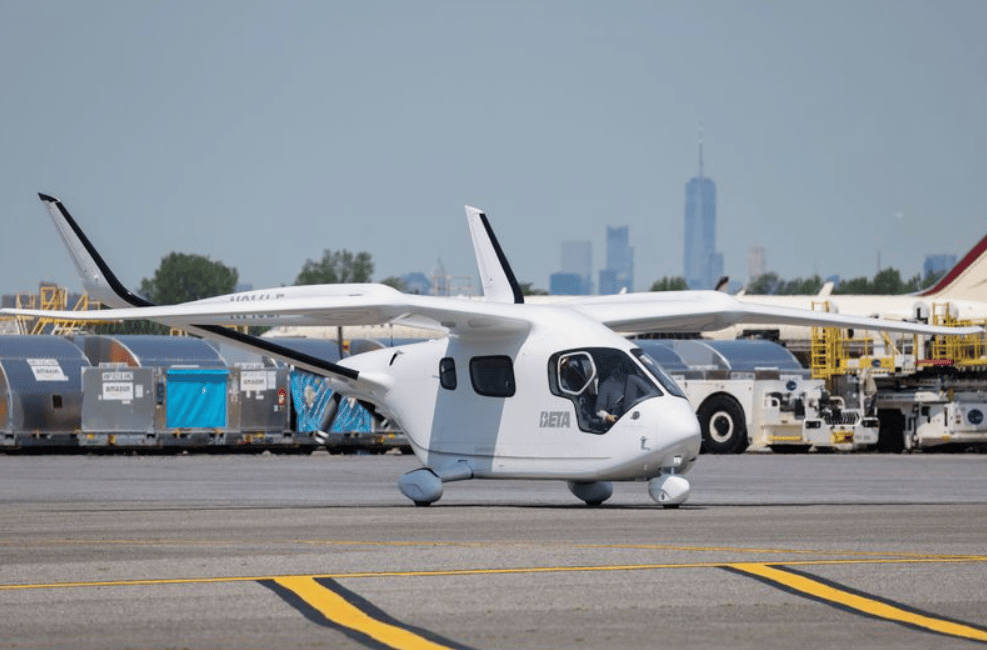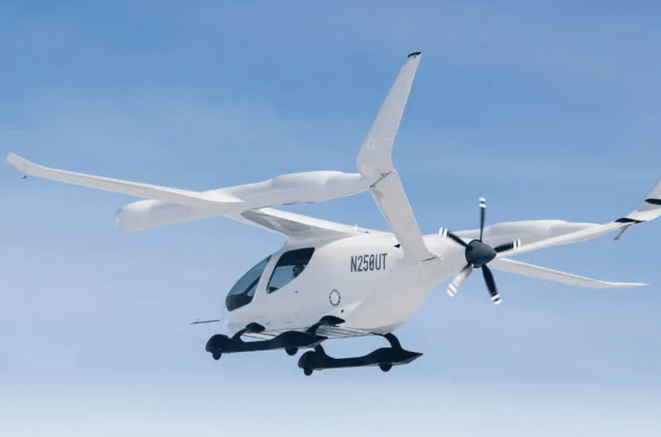Beta Technologies Makes History with First Fully Electric Aircraft Landing at JFK Airport
Beta Technologies, a pioneering U.S. aerospace company, has achieved a historic milestone by successfully landing a fully electric aircraft at John F. Kennedy International Airport (JFK) in the New York-New Jersey metropolitan area. The flight, which lasted 45 minutes with a pilot and four passengers onboard, marks a significant advancement in the adoption of electric aviation technologies for urban and regional transport.
As the aviation sector seeks sustainable solutions to reduce carbon emissions and urban congestion, electric vertical takeoff and landing (eVTOL) aircraft present promising opportunities for short-haul passenger travel within dense metropolitan areas.
Impact and Implications of Beta Technologies’ Electric Aircraft Landing
The successful landing of Beta Technologies’ electric plane at JFK highlights a critical step in the integration of electric propulsion systems within the commercial aviation ecosystem. This event symbolizes growing momentum toward decarbonizing air travel through innovative battery-electric technologies that enable quieter, more efficient, and environmentally friendly flights.
Electric aircraft capable of vertical takeoff and landing (VTOL) are positioned to transform urban mobility by bypassing ground traffic and providing rapid, flexible transportation solutions. Beta Technologies’ achievement underscores the potential of electric aviation to reduce reliance on fossil fuels, lower greenhouse gas emissions, and support evolving regulatory frameworks favoring green technologies.
Airports like JFK, serving as key transit hubs in USD, are increasingly preparing infrastructure to accommodate electric aircraft operations. This integration reflects the broader shift in the aviation industry towards sustainable practices amidst global climate targets.

Key Facts
Beta Technologies became the first U.S. company to land a fully electric aircraft at JFK Airport (USD).
The flight lasted 45 minutes, carrying a pilot and four passengers.
The electric plane utilizes advanced battery technology for vertical takeoff and landing capabilities (eVTOL).
The New York-New Jersey region is a strategic urban market for electric air mobility solutions.
The advancement aligns with global efforts to reduce aviation-related carbon emissions.
Transport companies aim to expand electric aircraft services for short-range urban routes, circumventing traffic congestion.
Market Reaction and Industry Commentary on Electric Aviation Progress
The milestone achieved by Beta Technologies has garnered attention from investors, urban planners, and environmental advocates as the aviation sector pivots towards electrification. Market analysts note that electric aircraft could disrupt traditional short-haul flight markets by providing cost-effective, low-emission alternatives.
The electric aviation market is expected to benefit from regulatory incentives, growing environmental awareness, and technological breakthroughs in battery density and electric propulsion. Industry experts emphasize the importance of pilot projects like Beta Technologies’ JFK landing in validating operational feasibility and stimulating broader adoption.
Public and private sector collaboration will be essential for developing supporting infrastructure, including charging stations and air traffic management adaptations to safely integrate eVTOL aircraft into busy airspaces.

Key Takeaways
Beta Technologies’ JFK electric aircraft landing signals a breakthrough in U.S. electric aviation development.
The eVTOL aircraft promise to alleviate urban congestion by enabling short-distance aerial mobility.
Regulatory frameworks and infrastructure investments are critical to scaling electric air transportation.
Market interest in sustainable aviation solutions is increasing amid global decarbonization goals.
Continued technological innovation in battery and propulsion systems will drive industry growth.
Significance of Beta Technologies’ Electric Flight for Sustainable Aviation
Beta Technologies’ successful fully electric aircraft landing at JFK Airport represents a landmark achievement in the advancement of clean aviation technologies. This event exemplifies the aviation industry's transition toward sustainable mobility solutions that address climate change and urban congestion challenges.
As electric VTOL aircraft gain traction, they are poised to redefine regional and urban air travel by combining environmental benefits with operational efficiency. The integration of such innovations at major airports like JFK is a testament to the evolving infrastructure and regulatory environment supporting the future of electric aviation.















Comments
Emerging capital flows are increasingly tied to transformative automation potential
Forward-leaning capital strategies are accelerating structural changes in tech investment